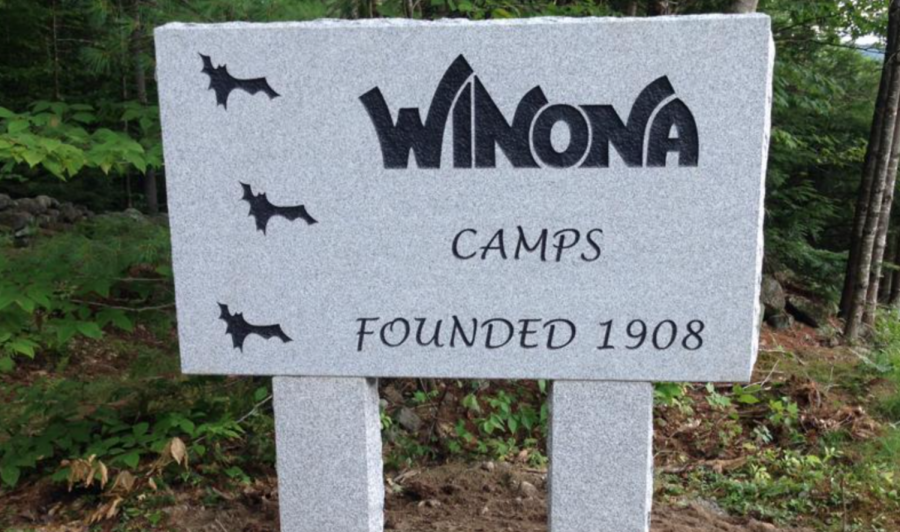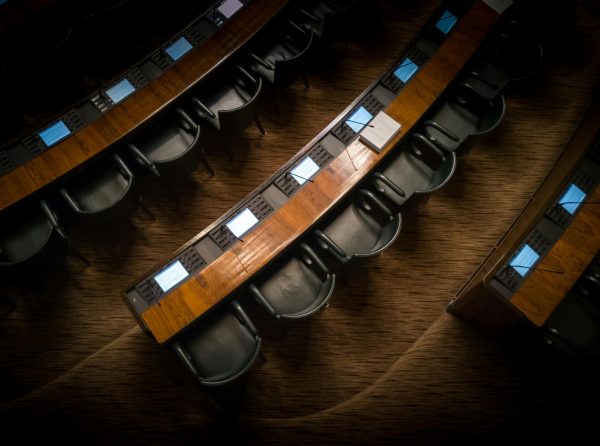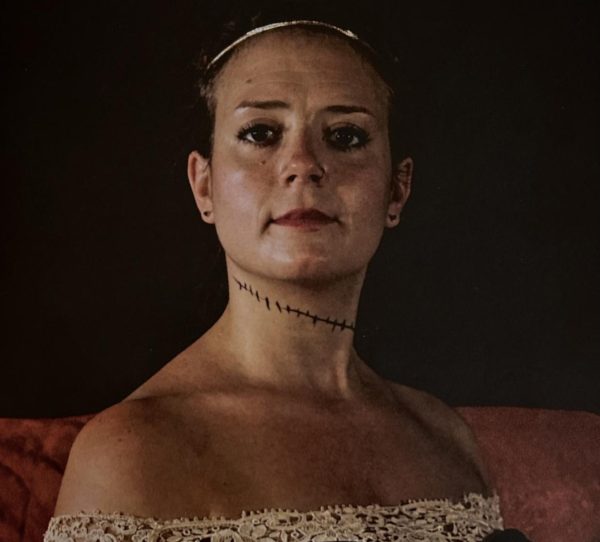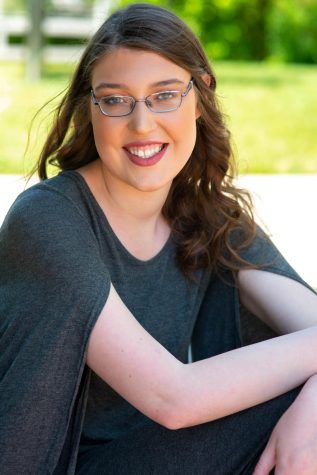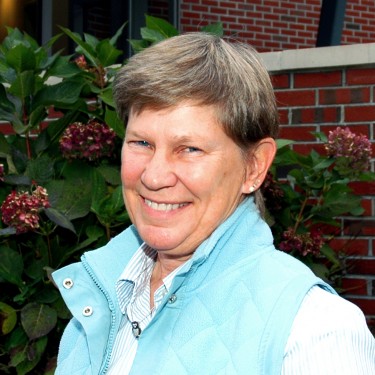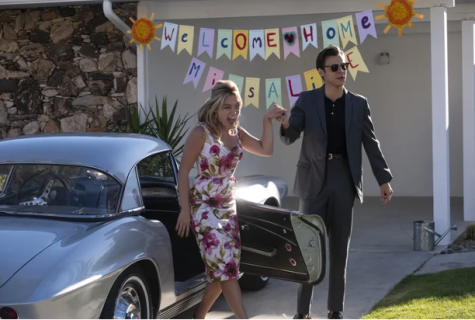Reflecting on Summer Camp
Dedicated to summer days and summer nights
To listen to this article: click here
In an ever-changing reality, the pandemic has altered every single aspect of life. As we live throughout this retreat into our homes with the days passing by and time seemingly becoming obsolete, it’s given me time to reflect on the most monumental of influences in my life; summer camp.
Thousands of kids all throughout the United States attend summer camp each year; and for most kids, it’s one of the highlights of their life. It’s a constant safe haven for enjoying warm summer days with lifelong friends and developing practical skills; it’s an escape from the material and commercial world, traded for time spent living without the perpetual distraction of technology.
I have spent the last twelve summers of my life attending Winona Camps for Boys in Bridgeton, Maine, a seven-week sleep-away camp. I was just nine years old when I started my eight summer-long journey as a camper. After one year spent as a counselor-in-training, I’ve now enjoyed three summers as a counselor. I have come full circle now, mentoring young boys like I was, in the very same place I was mentored at their age.
After all these years, I’ve come to realize just how important summer camp is for youth development into adulthood. Summer camp provides children with foundational skills for the life set ahead of them, and then build off those skills each summer they return.
The best part? For me, it’s that we never stop growing, and each summer becomes a new chapter of growth. Then at the end of the summer, we leave these ethereal places and return to “the real world” taking with us all the unforgettable memories and deeply rooted lessons. As a kid, I didn’t realize just how impactful these summers became on the time in-between.
I’ve only attended one summer camp, but it’s the core consistencies that make summer camps so valuable. To put this in perspective, at Winona, we teach responsibility on a personal and communal level. Every day following breakfast we have “tent work”: a time to neaten up your belongings, make your bed, and then to work as a team with your “tentmates” to sweep the floors, take out the trash, and make your living space orderly. The focus of this practice is to teach the children to not only respect their own space but also the space that they share with others; to work as a team; and to delegate responsibilities so that they can get to the fun activities of the day.
Summer camp teaches children about sportsmanship; to have respect for their opponents and the game. Nearly every aspect of life at Winona is somewhat competitive, which is how we teach sportsmanship. There are obvious events such as sports games, but also silly little games like those that the counselors play to decide which camper will clear the cups after the meal. We do this to practice how to win with grace, but also how to lose with pride.
Losing and failure are inevitable at Winona just as it is in life, but we make it a point to teach the kids how to keep their heads high after facing failure. Along with using losses as teaching moments from counselor to camper, we always have something going on next to look forward to. This way when a camper faces defeat, he is given the chance to try again with the next task, and so on and so forth.
Failure can be the best motivator, and it’s important to teach that at a young age because throughout life we fail at much bigger events than a game of soccer between friends. At Winona and at summer camps all over, children learn that when we fail, we can choose to move on and try again. This way when they do succeed, or win that event, or accomplish that task that they’ve been trying so hard to do, it feels all the more satisfying.
Camp teaches us to concentrate and practice practical skills, which in today’s age of commercial and service-based industry, is hard to come by. When else would you get the time to practice making a fire from scratch, sail a boat, or stern a canoe on the same day? Summer camps are so vital in the way that we pass along practical knowledge no matter the age. Even in my 12th summer as a twenty-year-old, I learned new skills working with maintenance in the weeks leading up to opening day.
Along with developing these skills, summer camp creates an environment of mindful learning. When participating in an activity, that becomes the only stimuli to focus on, helping kids to focus and genuinely learn the skills.
In the era of digital communication, instant messaging, and scrolling through Instagram, we don’t realize how our social skills decrease without us even knowing. It becomes harder to hold a long meaningful conversation, or to genuinely listen, comprehend, and respond accordingly.
At camp, you learn how to co-exist with roommates from a young age, learn how to resolve conflict peacefully, and learn how to listen. Some of my most fond memories of my time at camp are from conversations with close friends, out on the dock looking up at the starry sky; or, hanging out in the tent chatting with my tentmates about the day.
Possibly one of the most important life lessons that camp will teach you is independence. Sleepaway camp is not easy for kids or parents at the start. It’s uncomfortable to build such absolute distance for the duration of summer camp. Nevertheless, it is so vital for a child to build a sense of autonomy and independence. Giving a child the power to choose what kind of activity they want to try and the chance to explore their curiosity on their own is so important for their development. These summers spent building confidence and a sense of responsibility in being away from parents helps immensely later in life, especially with pivotal events such as going to college, traveling abroad, and moving out.
I could write novels more on the importance of summer camps and my valuable experiences at Winona especially. But, what’s important to understand is that the skills and lessons you learn at camp stay with you for the rest of your life. As a kid, I didn’t realize how valuable that is, but now as an adult, I have come to fully appreciate what camp did for me. I have always been exceptionally grateful for my attendance and acceptance into one of my first real and authentic communities.
People strive for acceptance and a sense of community. We want to be a part of something greater than ourselves. For me, that has always been the Winona community.
But now, heading into the summer of 2020, things look a little different. Winona has been open every summer since 1908, it has survived through the Spanish Flu, two World Wars, and many other global events, and yet it has persisted. Winona is among thousands of summer camps facing hard decisions, uncertainty, and the impacts of COVID-19. The future of these camps is unknown, but showing your support for them is one certainty that is vital for their future. Camp communities are some of the strongest out there. So, we’ve got to stick together. If you are a counselor this summer at a summer camp, try to put aside your worries or expectations about the summer and focus on how you can give back to the places that raised us.



